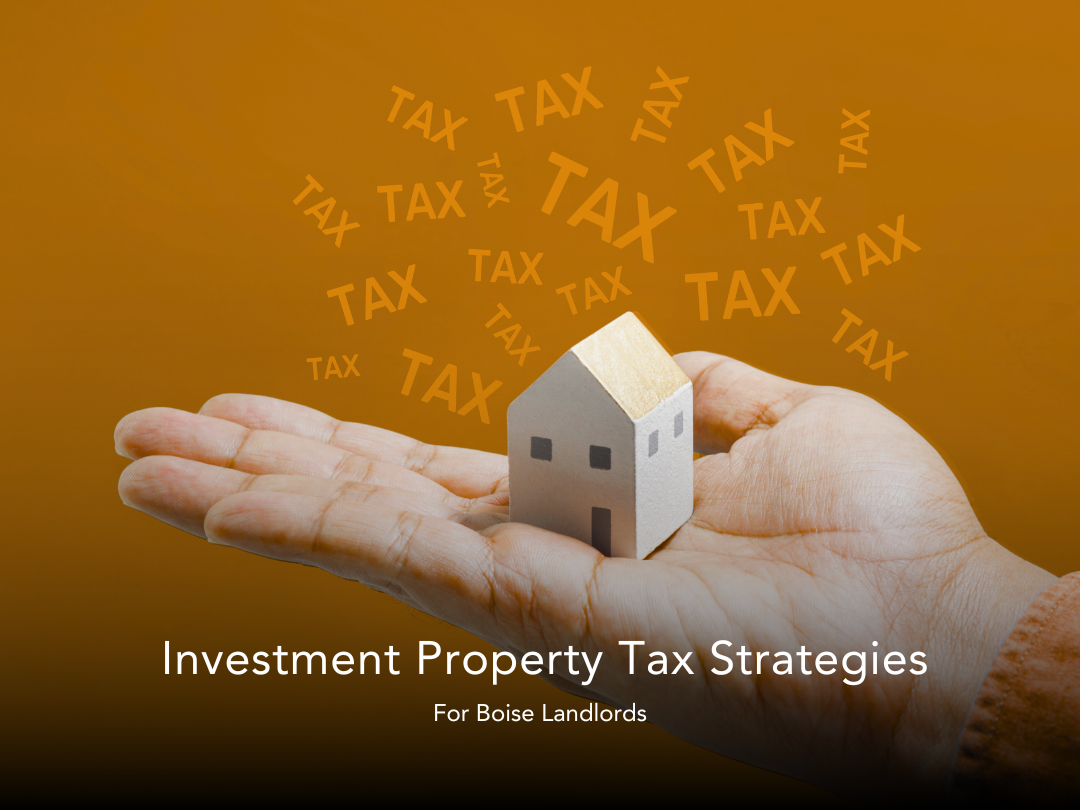Presidential election years often bring a heightened sense of uncertainty and speculation across various sectors, including the housing market. As voters anticipate potential policy changes and economic shifts, it's natural to wonder how the housing market typically responds during these times. Understanding the historical trends and underlying dynamics can provide valuable insights for both buyers and sellers navigating the real estate landscape during an election year.
Initial Volatility:
In the months leading up to a presidential election, the housing market may experience increased volatility. Uncertainty about the outcome and potential policy changes can lead to hesitation among buyers and sellers alike.
Some individuals may delay major financial decisions, such as purchasing a home, until after the election results are known, contributing to fluctuations in market activity.
Market Sentiment:
Sentiment plays a significant role in the housing market during an election year. Consumer confidence may be influenced by political rhetoric, campaign promises, and media coverage, impacting buying and selling behaviors.
Perception of the incoming administration's economic policies, particularly those related to taxation, regulation, and housing affordability, can shape investor and consumer confidence, influencing market dynamics.
Interest Rates and Mortgage Policies:
Changes in monetary policy and mortgage regulations can occur following a presidential election, affecting interest rates and mortgage availability.
Historically, incumbent administrations may pursue accommodative monetary policies to stimulate economic growth and support the housing market during an election year, which could lead to lower interest rates.
However, uncertainty surrounding the election outcome may prompt lenders to adopt a cautious approach, potentially tightening lending standards and affecting mortgage approval rates.
Regional Variations:
The impact of a presidential election on the housing market can vary significantly depending on regional factors, including local economic conditions, demographics, and housing supply-demand dynamics.
Urban areas may experience greater volatility due to their sensitivity to policy changes and investor sentiment, while rural markets may exhibit more stability.
Swing states or regions with industries directly affected by election-related policies may witness pronounced fluctuations in real estate activity.
Long-Term Trends:
Despite short-term volatility, the long-term trends in the housing market are often driven by fundamental factors such as demographic shifts, economic growth, and housing supply.
Presidential election cycles are just one of many factors influencing market behavior, and their impact may be overshadowed by broader economic trends and structural changes in the real estate industry.
Post-Election Recovery:
Once the election results are announced and the uncertainty dissipates, the housing market typically experiences a post-election rebound.
Clarity regarding the direction of economic policy and leadership often instills confidence among buyers and sellers, leading to increased market activity.
Additionally, fiscal stimulus measures or policy initiatives introduced by the incoming administration may provide a boost to the housing sector, contributing to the recovery.
While presidential election years introduce a degree of uncertainty and volatility into the housing market, historical patterns suggest that the long-term fundamentals tend to prevail. Buyers and sellers should remain mindful of local market conditions, economic indicators, and policy developments, rather than solely focusing on the election cycle. By staying informed and adapting to changing circumstances, individuals can make informed decisions to navigate the real estate landscape effectively, regardless of political dynamics.











